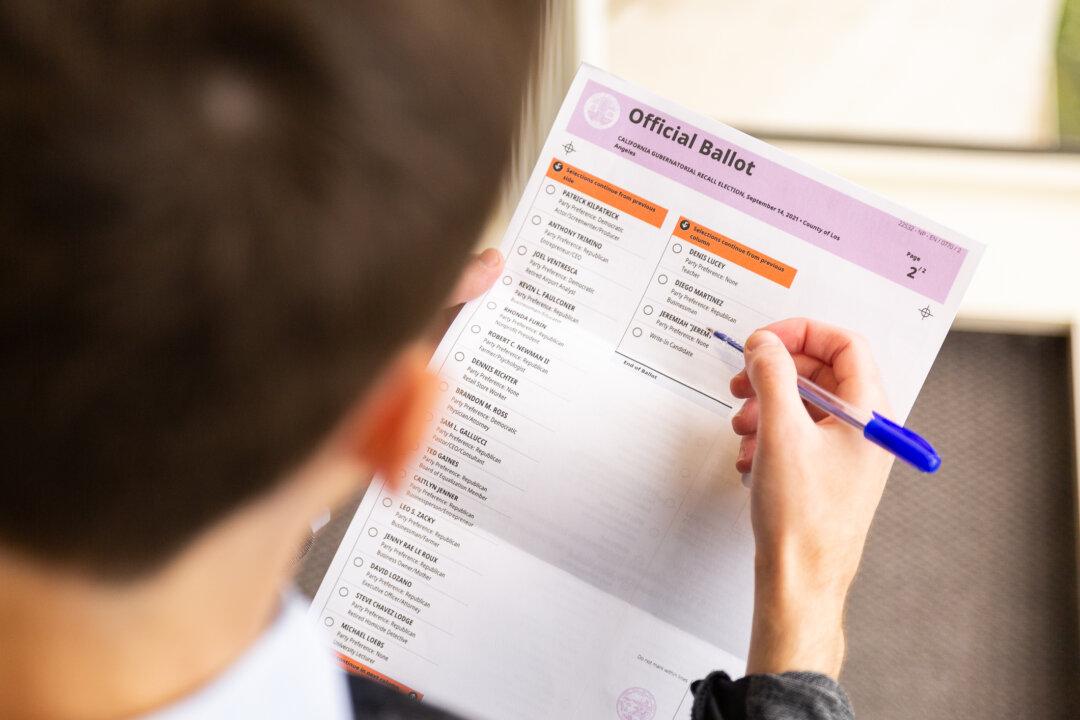California’s recent gubernatorial recall election set off a wave of efforts to recall local officials in the state. This week, the recall campaigns of several notable California local officials earned enough signatures to trigger a recall election.
There were nearly 60 recall bids this year, more than double the number of bids in the past few years. Of those, 17 recall petitions received the required number of signatures to trigger a recall election.





